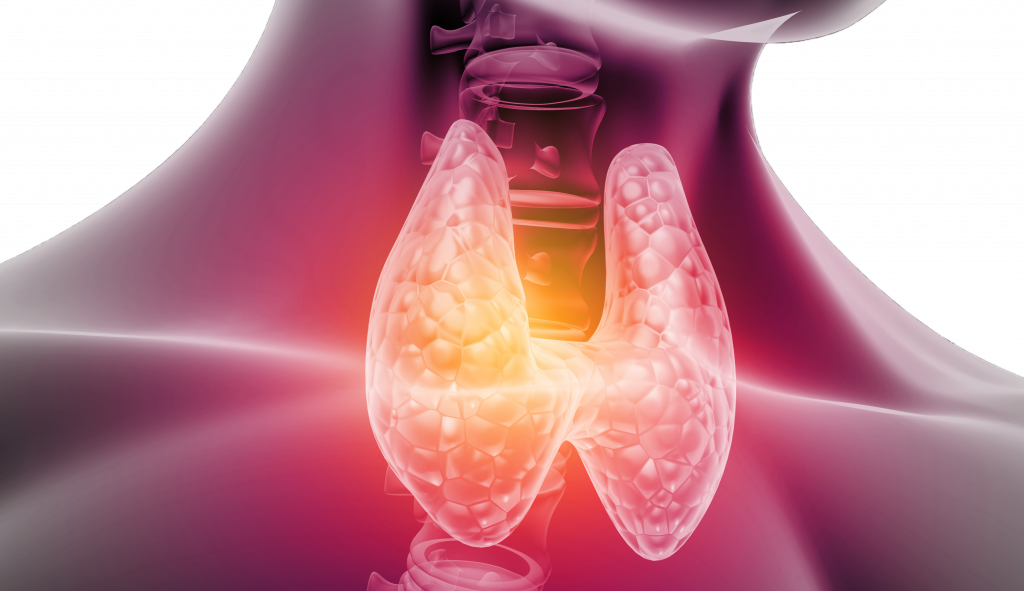2010 – anti-Tg magnum

Intended Purpose
The anti-Tg magnum is a quantitative immunoassay for the determination of antibodies against thyroglobulin (Tg) in human serum. The anti-Tg magnum is intended as an aid in the diagnosis of autoimmune thyroid diseases in conjunction with other clinical and laboratory findings. The immunoassay is designed for manual professional in vitro diagnostic use.
Diagnostic Relevance
Hashimoto’s thyroiditis is a polyendocrine autoimmune disease characterized by chronic inflammation of the thyroid gland. Antibodies, in particular against thyroid peroxidase (TPO) and thyroglobulin (Tg), lead to the destruction of thyroid tissue and thus to hypothyroidism in the long term, although phases of hyperthyroidism can also appear at the beginning of the disease.
Hashimoto’s thyroiditis is one of the most common autoimmune diseases and the most common cause of hypothyroidism. Women are more often affected than men. The exact causes that lead to the onset of the disease have not yet been clarified, but in addition to genetic factors, stress and environmental influences, virus infections and excessive iodine intake have been discussed as potential causes.
The symptoms of Hashimoto’s thyroiditis are diverse. Due to a possible hyperthyroidism at the beginning of the disease, nervousness, sweating, overactivity, increased appetite, weight loss, tachycardia and cardiac arrhythmias as well as arterial hypertension can be observed for a certain time. In the long term, however, the symptoms of an underactive thyroid gland predominate with fatigue, exhaustion, difficulty concentrating, depression, intolerance to cold, weight gain despite loss of appetite, constipation, menstrual disorders and bradycardia.
The diagnosis is usually made on the basis of the clinical symptoms and confirmed by laboratory diagnostics by determining antibodies against thyroid peroxidase (TPO) and thyroglobulin (Tg). For the further assessment of the thyroid function, the activity of the thyroid hormones TSH (thyroid-stimulating hormone), T3 (triiodothyronine) and T4 (thyroxine) is determined. In addition, a sonography can be performed, thyroid tissue taken by biopsy can be analyzed histologically, or a scintigram can be created after administration of radioactively marked iodine preparations.
Product Specifications
| Title | anti-Tg magnum |
| Product code | 2010 |
| Indication | Thyroid diseases |
| Description | Radioimmunoassay for the quantitative determination of antibodies against thyroglobulin in human serum |
| Format | Radioimmunoassay |
| Total incubation time | 40 min. |
| Sample volume | 25 µL (1+3 dilution) |
| No. of determinations | 100 (93 x 1)+ 5 x Calibrators and 2 x Controls |
Free downloads
SDS [REF 2010][ENG] SDS [REF 2010][DEU]Restricted downloads - Password required
Current version of the instructions for use. The respective valid version for processing the test can be found in the product packaging.

